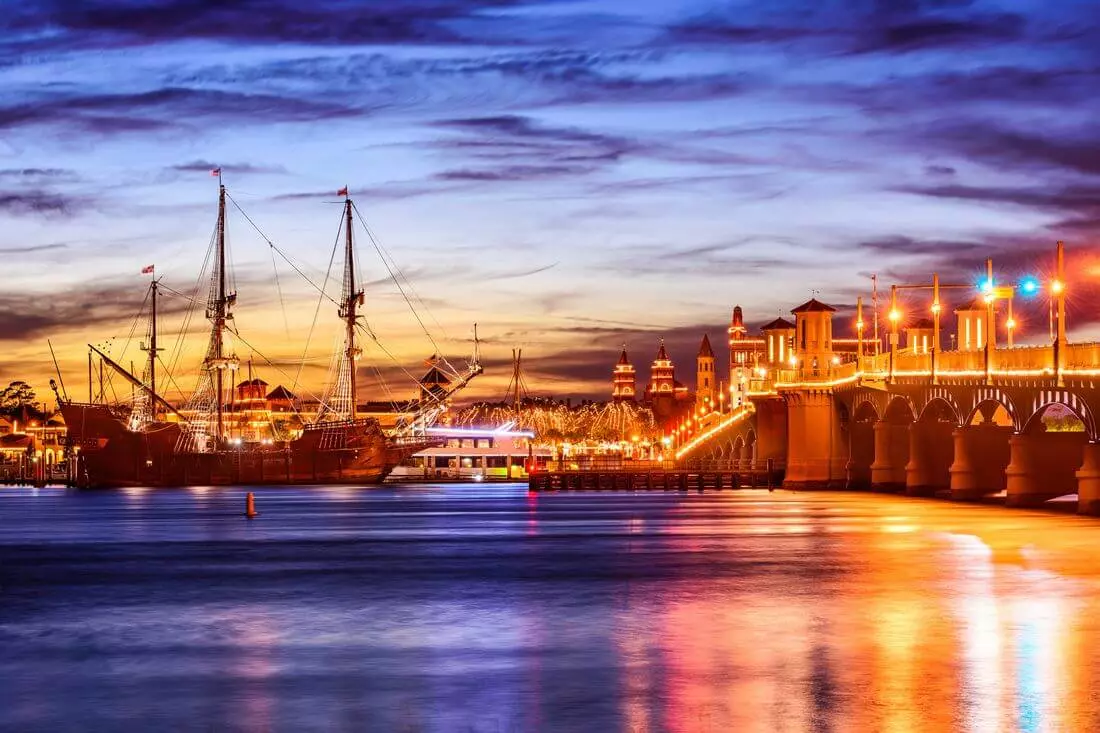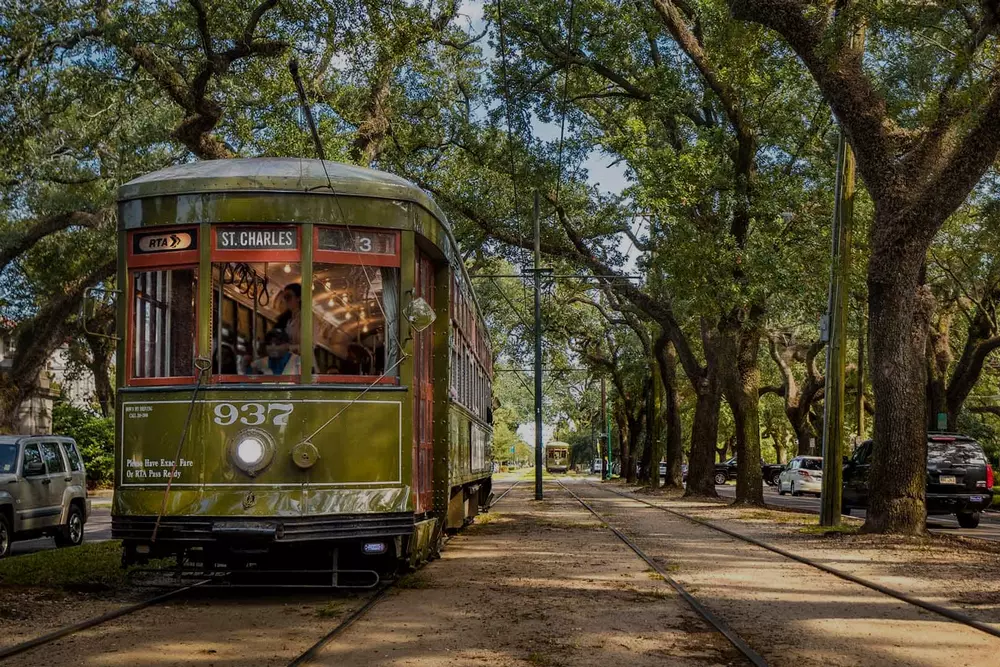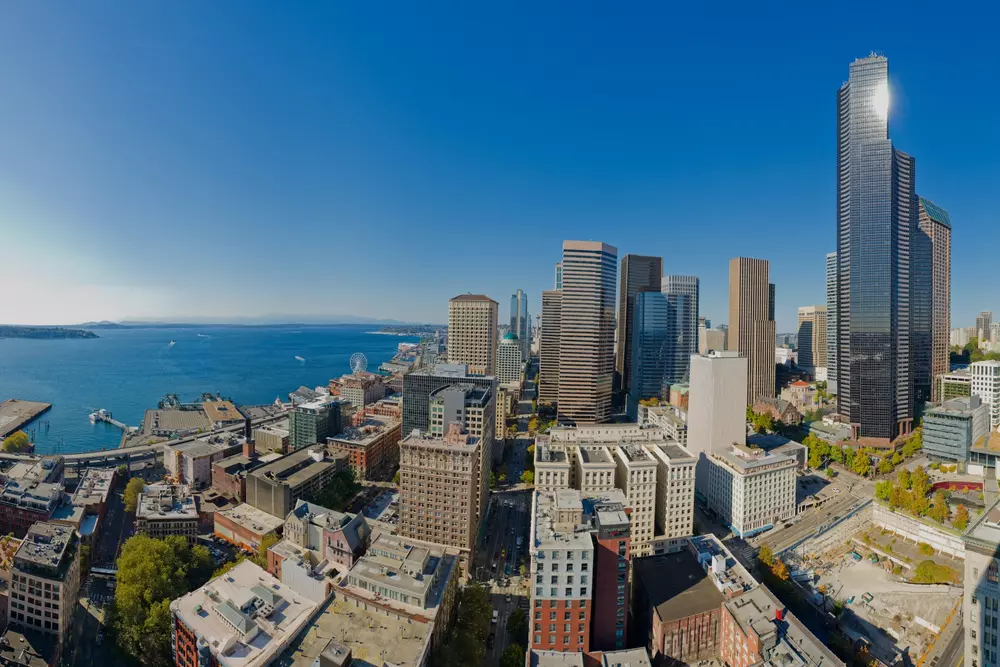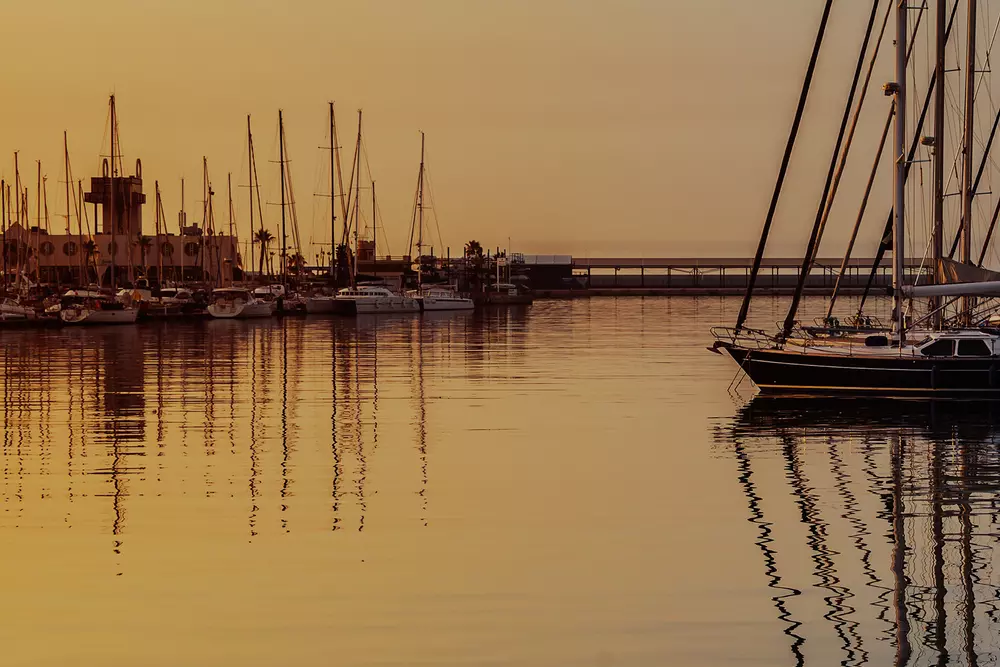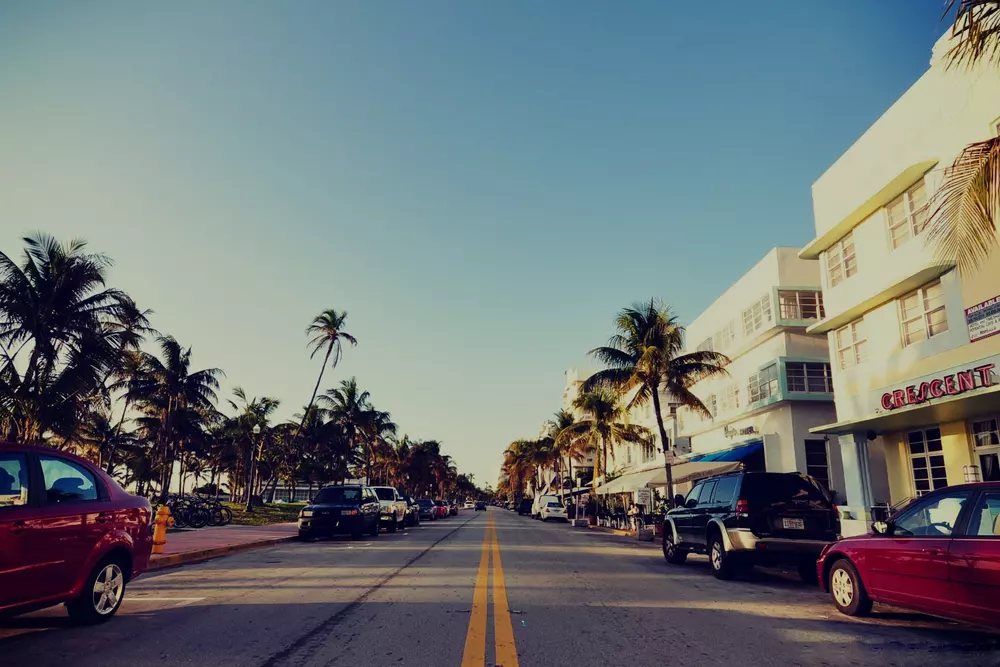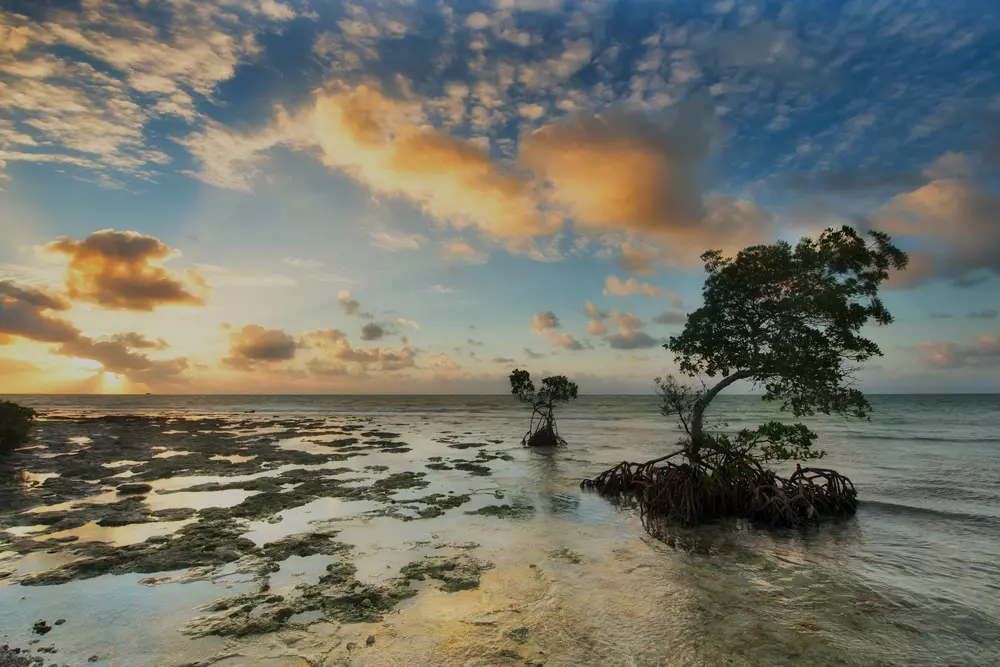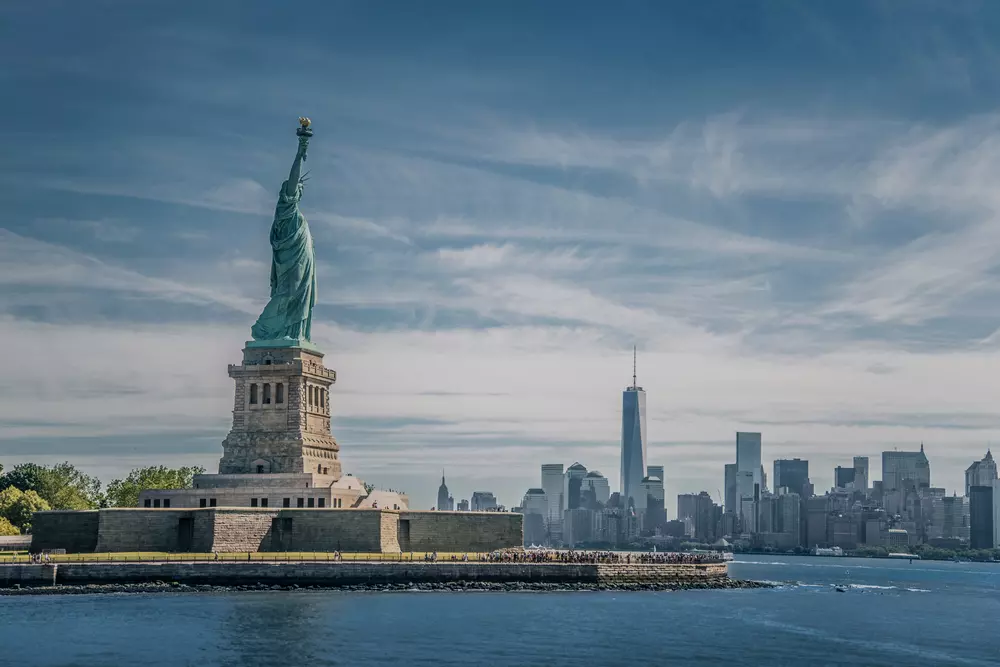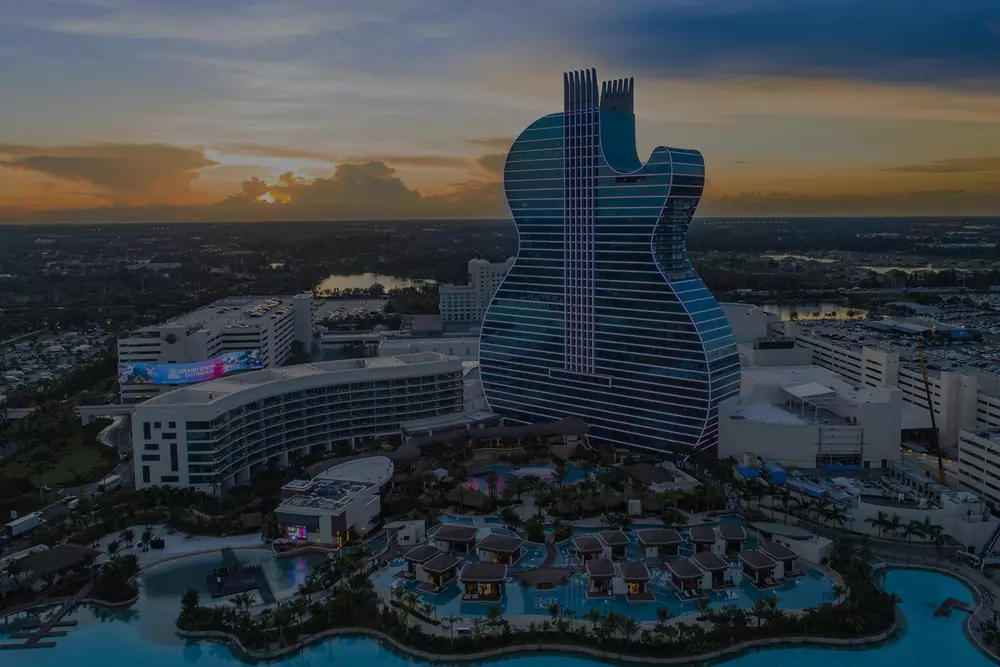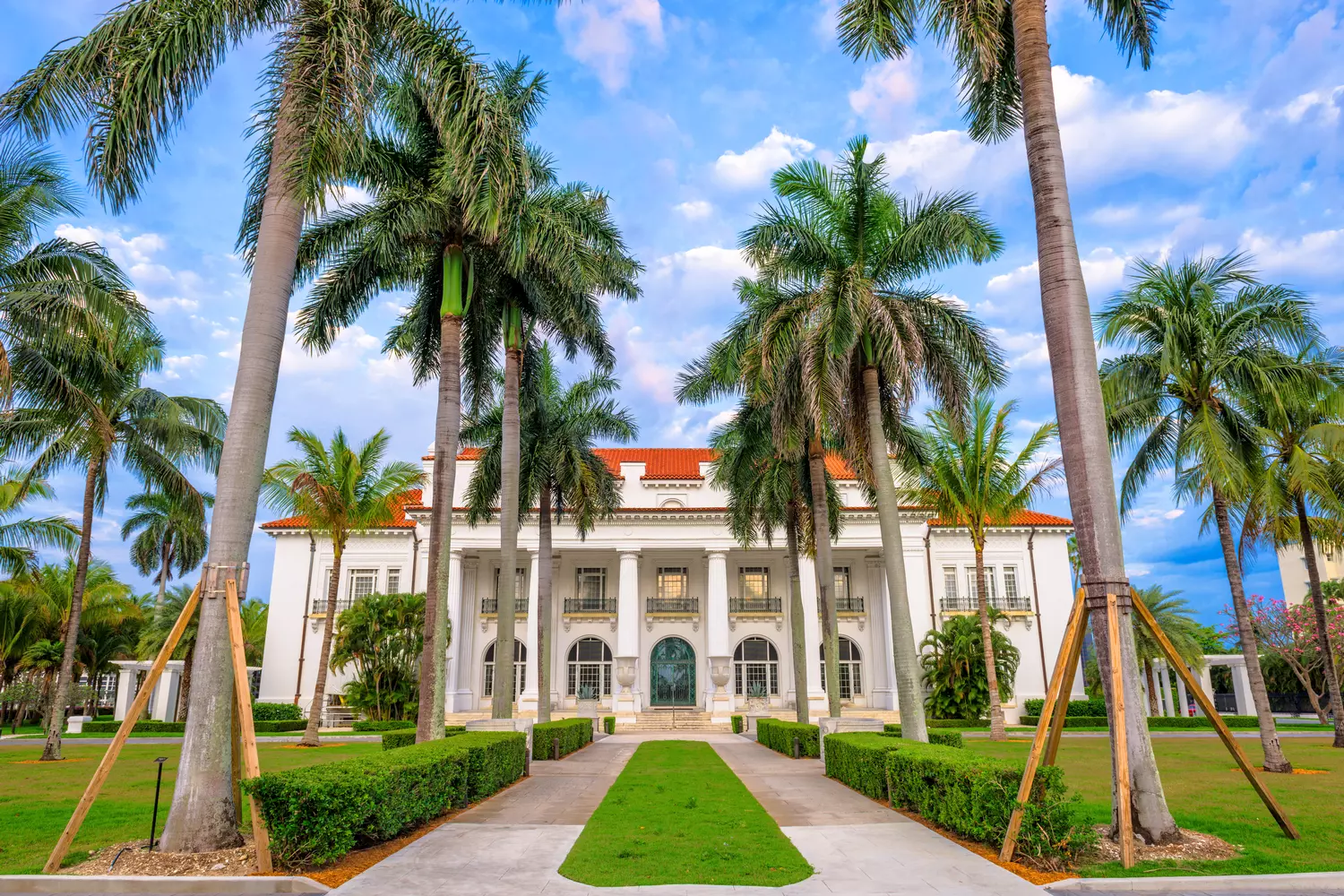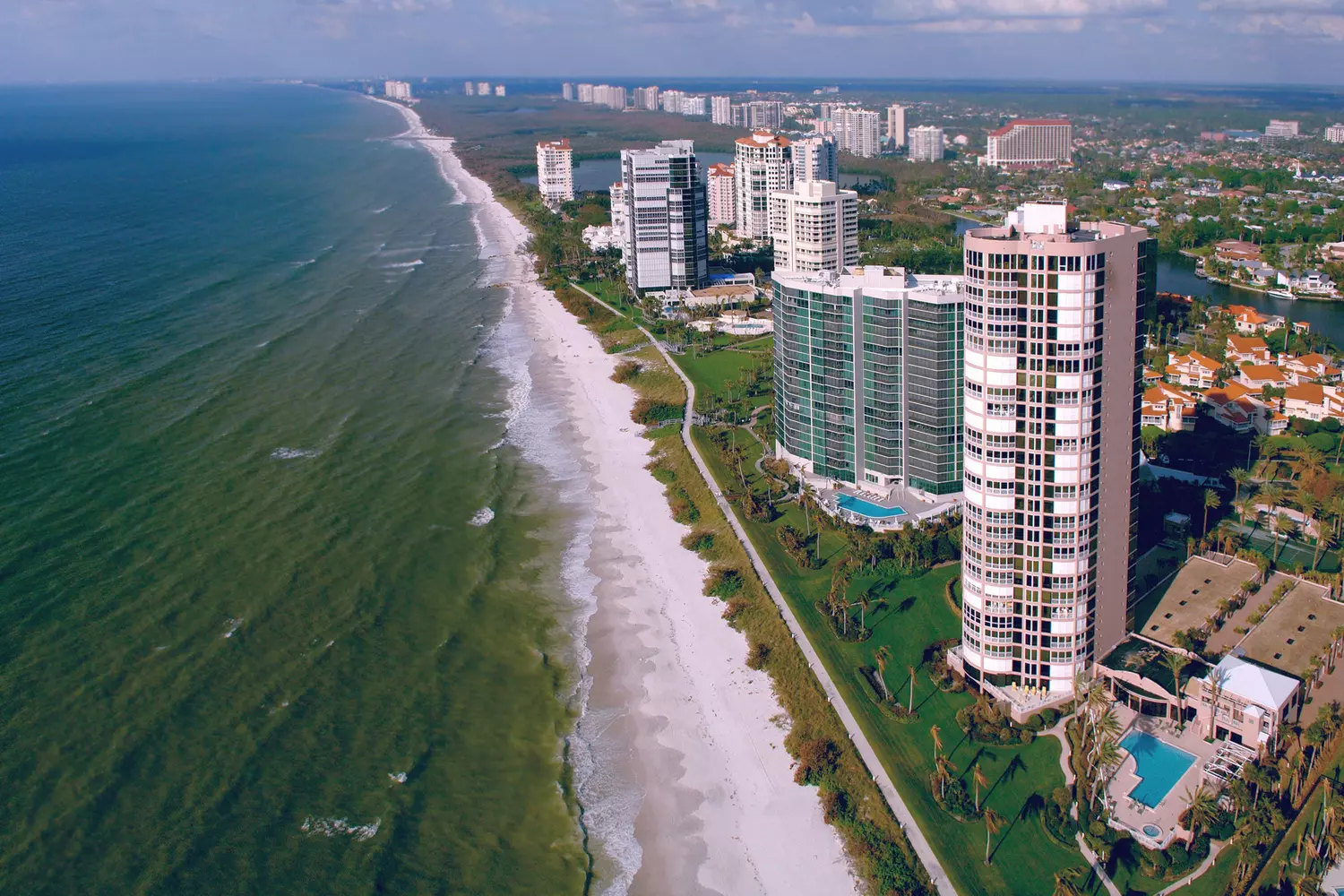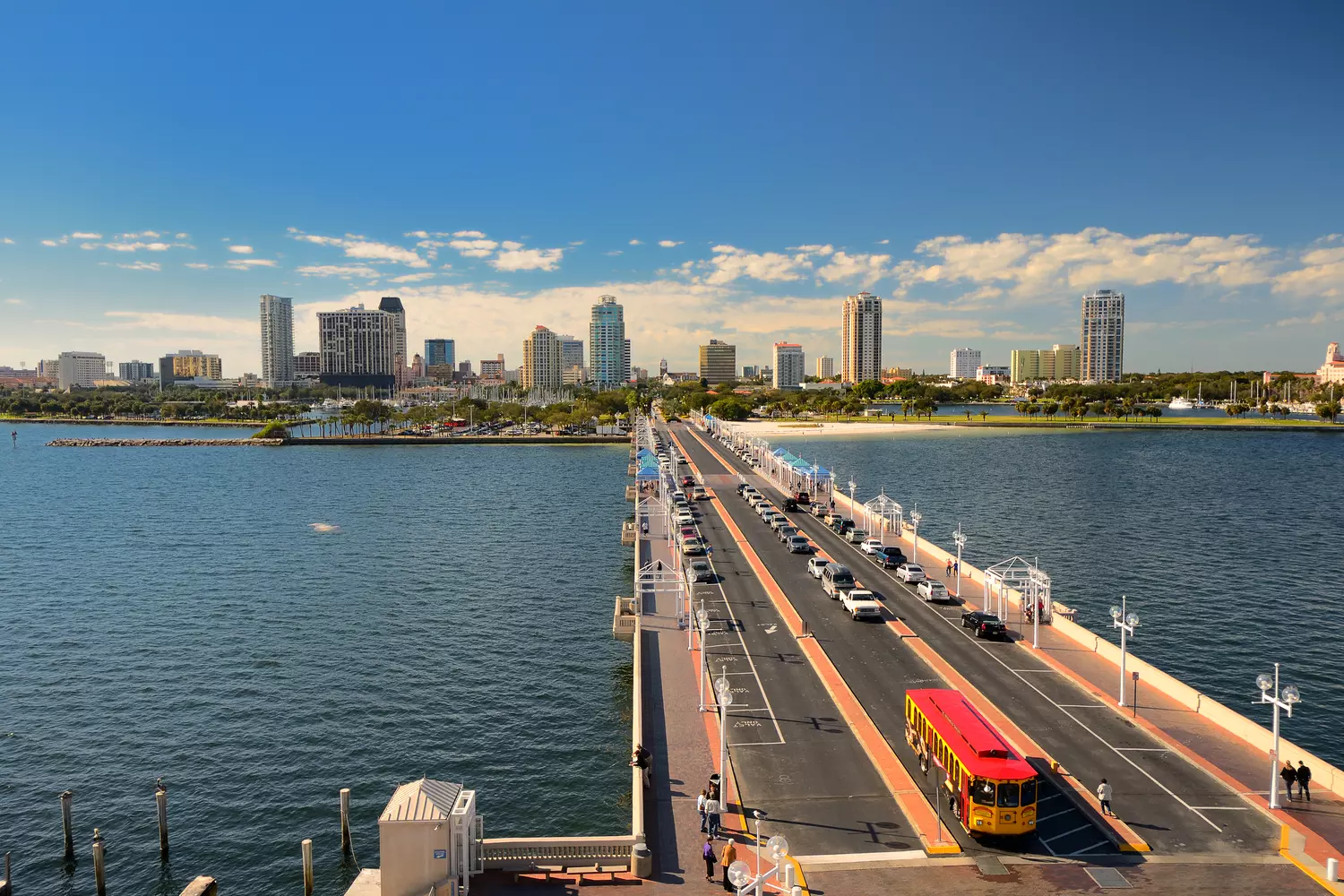What is Castillo de San Marcos?
Castillo de San Marcos, located in St. Augustine, stands as a grim witness to significant events that shaped the state and the country. This true gem among historical landmarks in the U.S. attracts tourists worldwide with its grandeur and rich history.
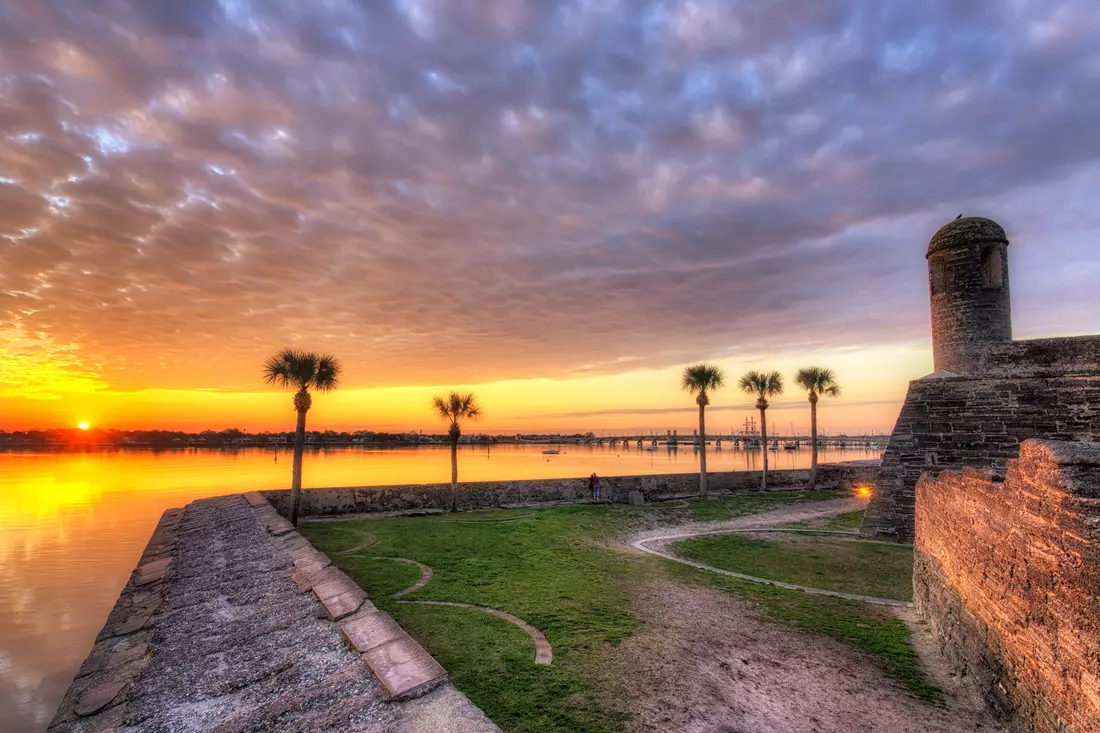
History of the Fort's Founding
The fortress was constructed by the Spanish to strengthen their position on the already colonized land. The construction took nearly 23 years, documented from 1672 to 1695.
Castillo de San Marcos is not the only historical name it bears. After the War of Independence, the Spanish ceded Florida to the U.S., and the fortress was renamed Fort Marion. It was here that the renowned Seminole leader Osceola was imprisoned. The fortress also hosted loyalists to King George III of England. Many more famous names and intriguing facts can be discovered during a tour of this iconic Spanish-American fortress.
The reason for building Castillo de San Marcos arose 100 years before its founding. At that time, St. Augustine was a tiny garrison town, vulnerable to external threats. Initially, the fertile land attracted Protestant French settlers and later the formidable Sir Francis Drake of the Spanish Armada.
Drake led a fleet of 20 ships, and 2,000 audacious English corsairs ravaged and burned the first Spanish settlement in Florida. After this bold raid, the English left, sparing St. Augustine until 1763. Meanwhile, the Spanish authorities focused on constructing the fortress walls.
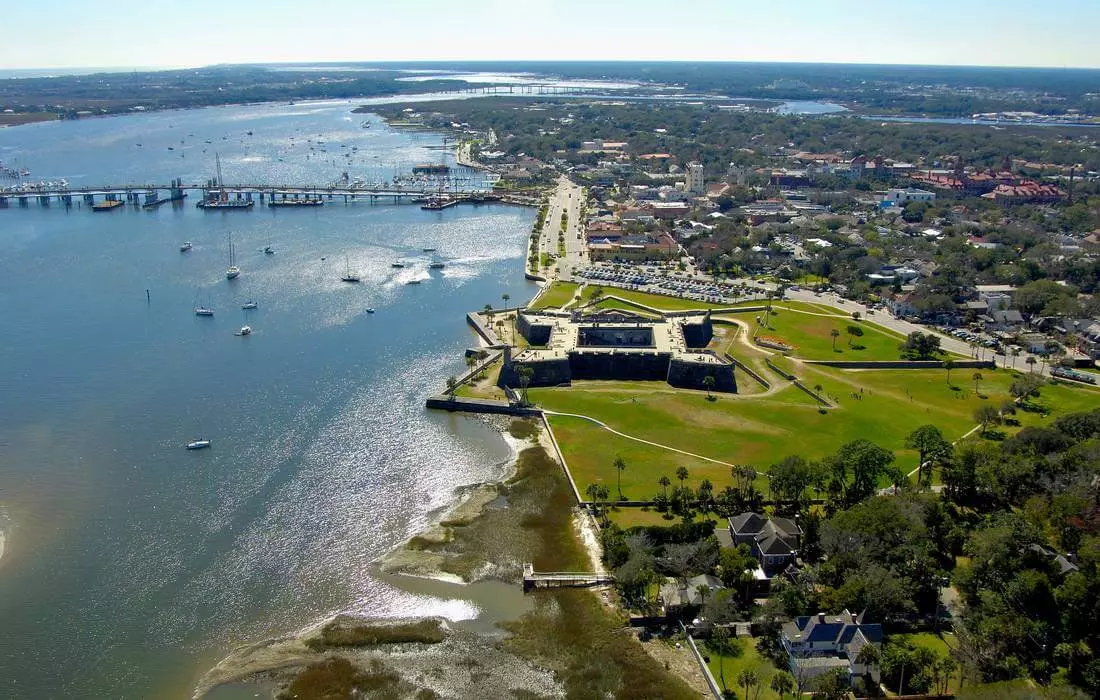
Book a Day Trip to St. Augustine from Miami
Fort's Architecture
The fort's composition is built on four bastions, connected into a single unit by curtain walls. The bastions, resembling triangular projections, bear the names of saints — Augustine, Peter, Paul, and Charles. The first three bastions house "echaugettes" — small watchtowers, while the last one features a structure for surveying the approaches from Matanzas Bay.
The construction utilized coquina, the only viable building material in Florida. This porous and seemingly insubstantial stone proved to be an excellent material: cannonballs either got stuck in it or ricocheted. In contrast, brick structures would shatter into a cloud of fragments under heavy bombardment.
Thus, the first stone fortress in the U.S. was built, now holding the status of a national monument. Throughout its long history, Castillo de San Marcos endured numerous sieges and attacks. It witnessed Florida's transition from Spanish to British control and back again before becoming part of the United States. Today, the fort symbolizes strength and resilience, preserving memories of the times when fierce battles were fought on these lands.
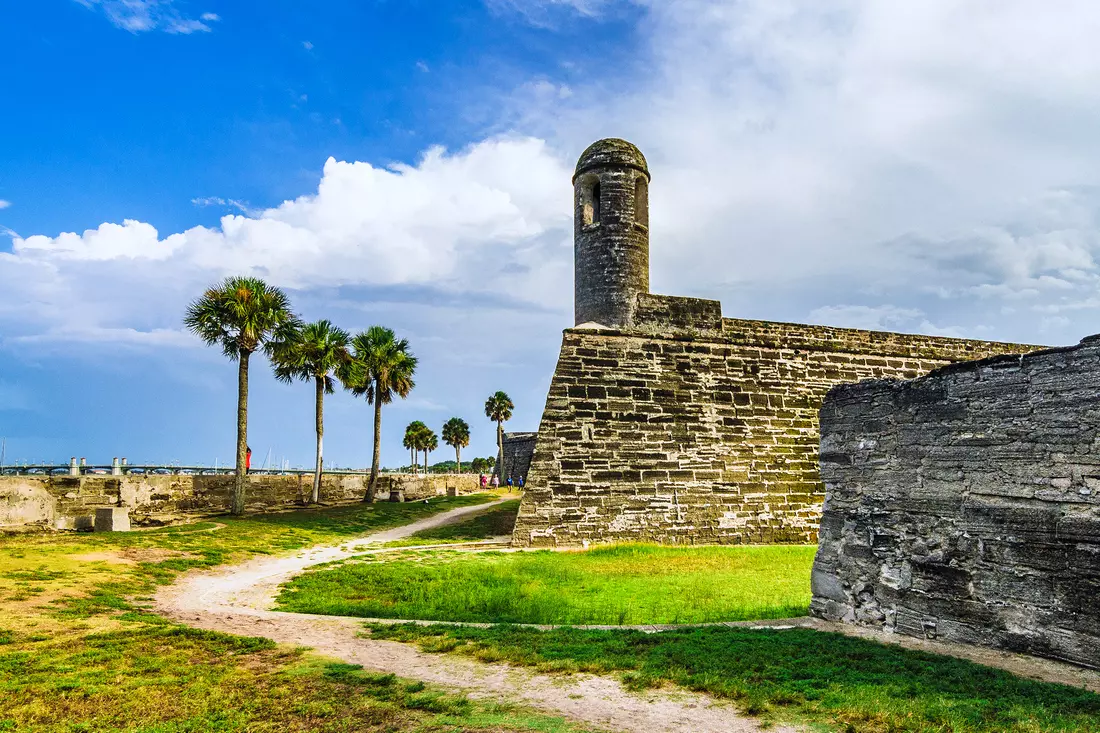
Why is the Fortress Interesting?
Not only the architecture and history draw visitors to Castillo de San Marcos.
- The fortress is said to be haunted. Besides the ghost of Osceola, there is a legend about the unhappy wife of the garrison commander, who wanders the grounds leaving a trail of old perfume. The jealous commander supposedly imprisoned her and her lover in the oldest powder magazine, inaccessible to officers and soldiers.
- There is a great interest in the numerous graffiti found throughout the fort. These were created by lonely sentries and soldiers longing for their beloved Spain.
- The fort's current staff, mostly volunteers and rangers, keep the site lively and engaging for tourists. They eagerly demonstrate typical colonial Spanish weapons, and every weekend, they perform cannon firing demonstrations.
- Castillo de San Marcos is significantly larger and more complex than Fort Matanzas. The latter, built between 1740-1742, served as a watchtower guarding the southern approaches to St. Augustine. Although also constructed from coquina, Fort Matanzas was smaller and played a less prominent role in history compared to Castillo.
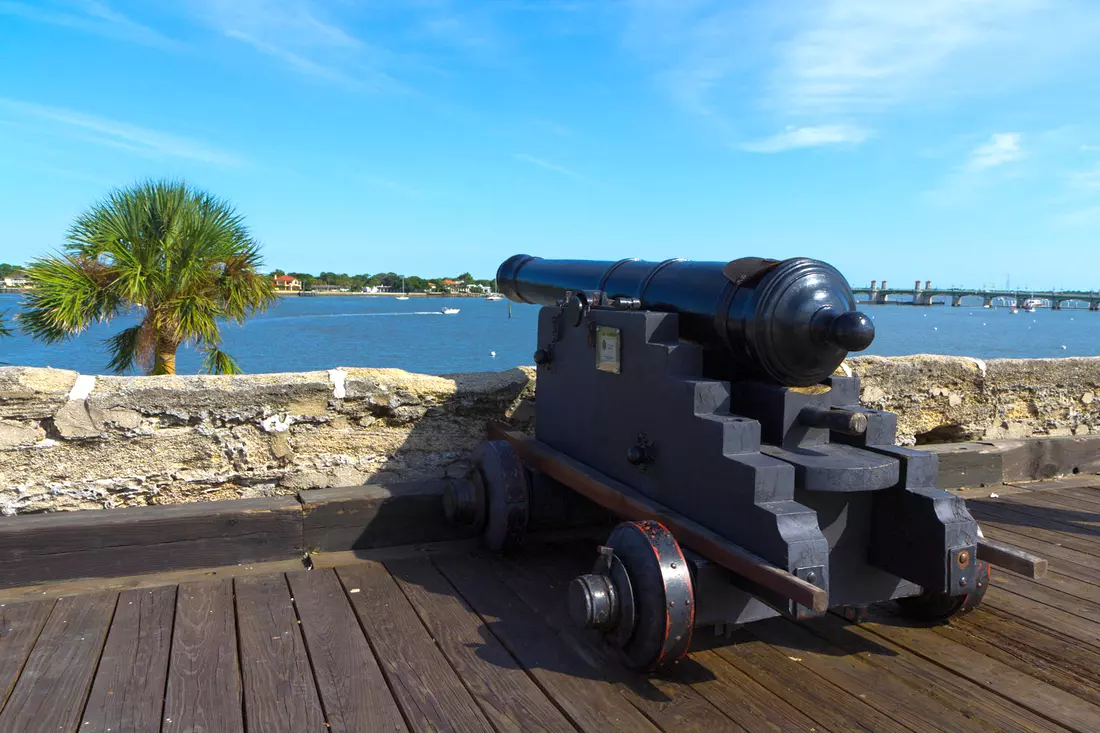
Additional Information
-
Address
1 S Castillo Dr, St. Augustine, FL 32084
-
Phone
+ 1-904-829-6506
-
Operation mode
Mon – Sun: 8:45 – 17:15.
-
Price
Adults from 16 years old: $ 15 (ticket is valid for 7 days);
Children under 15: free.
-
Web site
| Address | 1 S Castillo Dr, St. Augustine, FL 32084 |
| Phone | + 1-904-829-6506 |
| Operation mode | Mon – Sun: 8:45 – 17:15. |
| Price | Adults from 16 years old: $ 15 (ticket is valid for 7 days); Children under 15: free. |
| Web site |
Take a ceremonial walk along the walls, following all the traditions and rules of Spanish artillery. This fascinating segment of tours at Castillo de San Marcos is something American Butler can organize for you! We're here to ensure your cultural experience is enjoyable and memorable!














